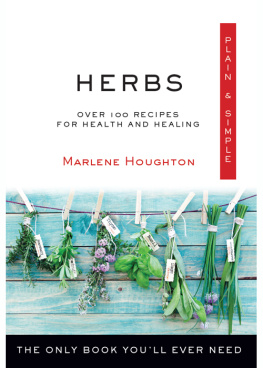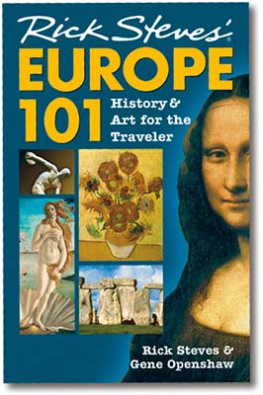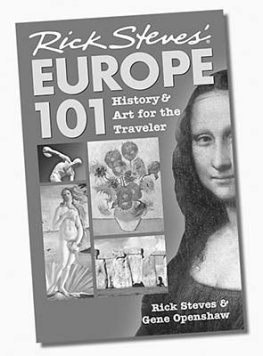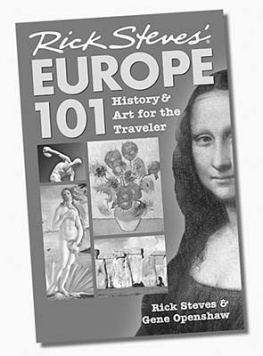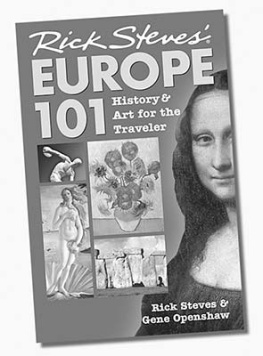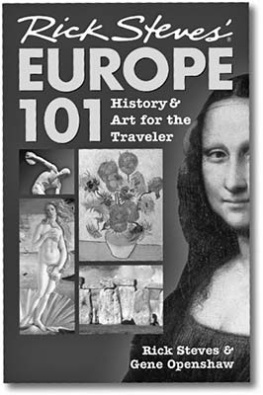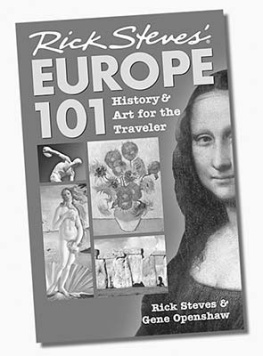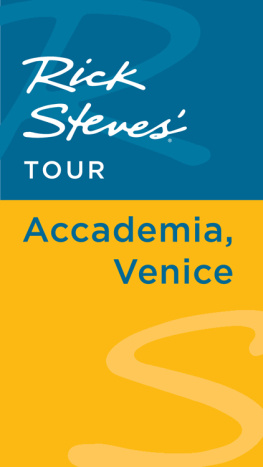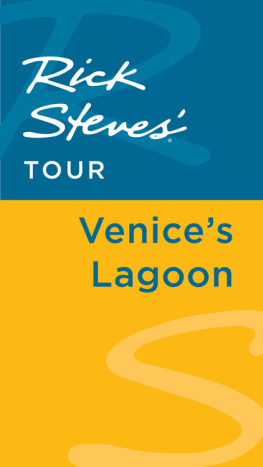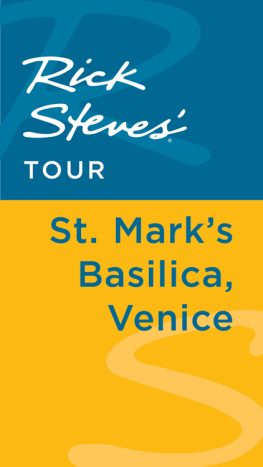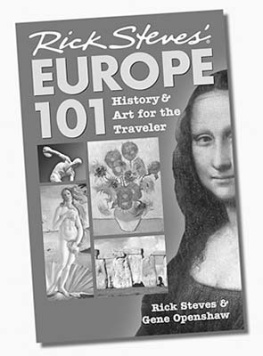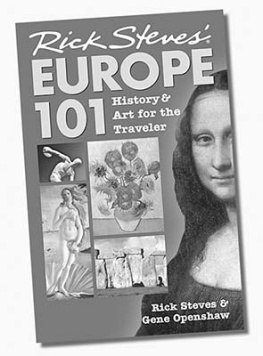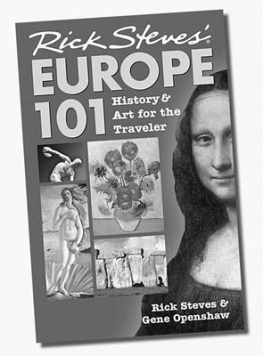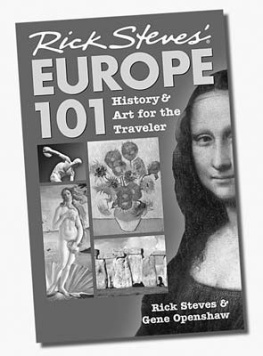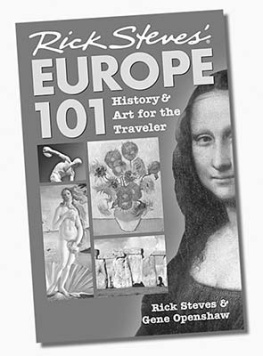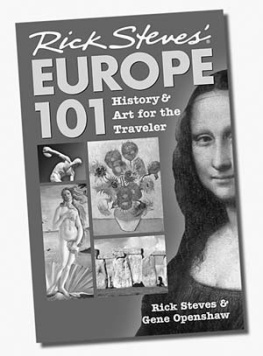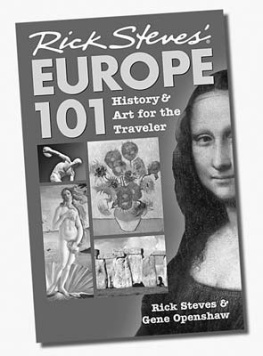

Copyright 2017 Marlene Houghton
All rights reserved. No part of this publication may be reproduced or transmitted in any form or by any means, electronic or mechanical, including photocopying, recording, or by any information storage and retrieval system, without permission in writing from Hampton Roads Publishing, Inc. Reviewers may quote brief passages.
Cover design by Jim Warner
Interior design by Kathryn Sky-Peck
The image on ]
Hampton Roads Publishing Company, Inc.
Charlottesville, VA 22906
Distributed by Red Wheel/Weiser, LLC
www.redwheelweiser.com
Sign up for our newsletter and special offers by going to
www.redwheelweiser.com/newsletter/
The author and publisher are not responsible for any adverse effects or consequences resulting from the use of any remedies, procedures, or preparations included herein.
No responsibility is taken for the use of any herb, and although all of the herbs mentioned are understood to be safe, they should be taken as directed and prescribed by a qualified medical herbalist.
ISBN: 978-1-57174-766-2
Library of Congress Cataloging-in-Publication Data available upon request
Printed in Canada
MAR
10 9 8 7 6 5 4 3 2 1
www.redwheelweiser.com
www.redwheelweiser.com/newsletter
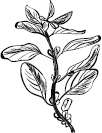
Contents
Introduction
T here have been many books written on herbal medicine. My book differs from most because it is based on the empowerment model, which focuses on helping people to take responsibility for their own health. This book will help you tackle everyday ailments by taking the guesswork out of which herbs to use to keep you feeling well. Herbal medicine is useful for a range of common complaints, and gentle and effective herbs can offer benefit where conventional medicine sometimes fails.
In a world where we have become more illness and disease focused, and where insurance can be costly, it is clearly becoming important for individuals to become knowledgeable regarding natural therapies, and to take their health into their own hands. The emphasis here is placed on prevention rather than cure. The use of traditional herbalism can help you attain and maintain a high level of well-being. I hope my book will stimulate your interest in the use of natural therapies for home use, and encourage you to research herbalism further.
In Herbs Plain and Simple I discuss the herbs in context of the body system they benefitherbs for circulation, herbs for the respiratory system, and so forth. I tell you a little about each herb's history, and follow this with the medicinal benefits and how it can be used. You will see that many herbs can be used to help the same conditions, because they do not contain just one active property, but several substances. You will therefore find some herbs recommended for more than one ailment, because a single herb can have a diversity of health benefits.
Disclaimer
The statements in this book are based on my studies, experience, and personal research into traditional herbal lore, undertaken over many years. Although I hold a doctorate degree in nutrition, I am not a medical doctor. My expertise is in nutrition and traditional herbalism.
The information in this book is intended for educational purposes only and not as medical advice. The information in this book is not intended to diagnose, treat, cure, or prevent any disease, nor to provide individual recommendations. Not all herbal remedies mentioned in this book have been scientifically evaluated, and the information provided is based on traditional herbalism and use. The information should not be considered as medical advice, as it is for general information only; the health claims for each herb are anecdotal, and should be used as a guide only. Consultation with a professional herbalist or a medical doctor is recommended for any health problem.
Although all of the herbs mentioned are understood to be safe, they should be taken as directed and prescribed by a qualified medical herbalist. Herbal remedies come in various forms: tablets, capsules, tinctures, and teas. Please note that some herbs and essential oils may now only be available from qualified medical herbalists.
Warning: Pregnant women should not take any herbs or use any aromatherapy oil without consulting a medical doctor. The same applies for anyone with a serious medical condition or on medication.

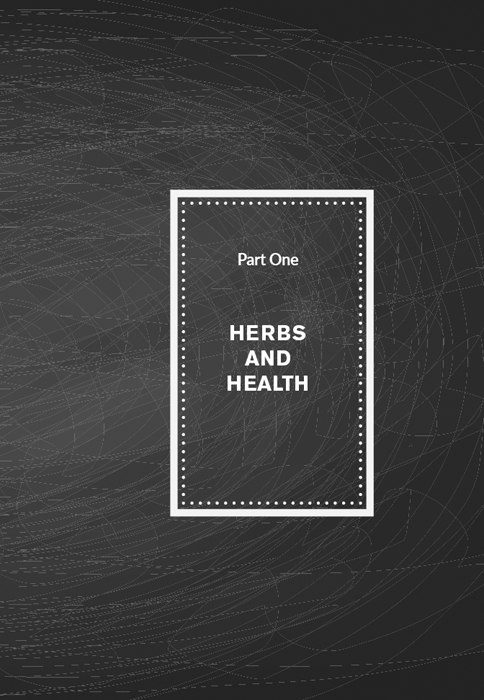

A History of Herbalism
A weed is a plant whose virtue is not yet known.
Ralph Waldo Emerson
F lowers, barks, and roots have been used for their therapeutic properties in the treatment of disease as far back as the time of the ancient Sumerians. Simply put, for thousands of years, plants have shown their efficiency as natural healers, and traditional herbal medicine can rightly be called The People's Medicine. Herbalism is the oldest form of medical therapy in the world. It has no starting point in history, and no culture or country can claim ownership. It just evolved; therefore it can be called a universal medicine. Before the advent of modern medicine, people routinely used plant power to maintain their health and ensure their survival, and herbalism is still in use today in many parts of the world. According to the World Health Organization, there are still around eighty percent of people worldwide who rely on plant medicines to treat and cure disease.
The early history of traditional herbalism and medical botany in the Americas dates back to the early native peoples; in the United Kingdom we know it dates back to the time of the Druids, who used the simple herbs of the fields, woods, and meadows to cure various human ailments. They believed that the benefits of healing plants were governed by the sun, moon, and the stars, and that the remedies were prepared for mankind by nature herself.
Archeological evidence shows us that early man had an array of herbal cures, and it is from their ancient sacred texts and herbals that many modern medicines have developed, just like modern chemistry, which has its roots in alchemy. The high priest/physicians of Ancient Egypt had a sophisticated knowledge of healing methods, and the Ebers Papyrus, a seventy-foot long parchment written in 1500 BC, contains references to more than seven hundred herbal remedies. Evidence of medicinal herbs was excavated in 1960 in Northern Iraq in a burial ground dating back thousands of years, and it is amazing that many of these herbal remedies are still in use today, proving that their efficacy has withstood the test of time.
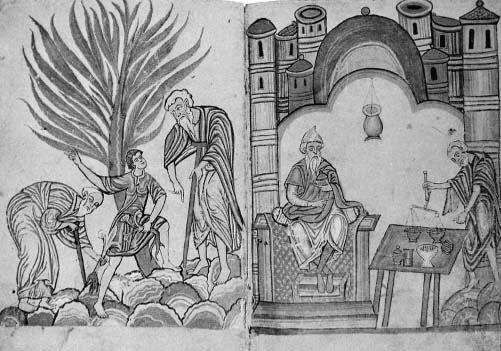
Next page
